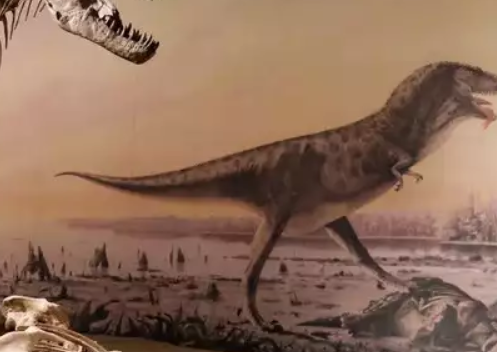Farlowichnus rapidus Discovered in Brazil
In a significant discovery, a new species of dinosaur has been identified in Brazil based on footprints found in the city of Araraquara.
Italian Priest’s Remarkable Discovery in the 1980s
In the 1980s, Italian priest and palaeontologist Giuseppe Leonardi discovered a series of dinosaur footprints, or “trackways,” in Brazil’s Botucatu Formation. These fossilized imprints, found in ancient sandstones, hinted at the existence of an unknown dinosaur species.
Driven by curiosity and a passion for palaeontology, Leonardi meticulously collected and documented the trackways. In 1984, he donated the specimens to Brazil’s Museum of Earth Sciences for future analysis.
Years of meticulous examination and comparison with existing dinosaur track records revealed unique characteristics, including long, slender toes and a wide stride. These features suggested an agile, desert-dwelling dinosaur previously unknown to science.
Farlowichnus rapidus: The Fast Farlow’s Track
In 2023, a groundbreaking study led by Leonardi officially named the new species Farlowichnus rapidus, meaning “Fast Farlow’s track.” Researchers described it as a small, speedy carnivore that inhabited the arid landscapes of early Cretaceous Brazil around 125 million years ago. The discovery underscores the importance of preserving and studying fossil trackways. These footprints provide valuable insights into the diversity and behavior of ancient dinosaurs, offering a glimpse into Earth’s prehistoric past.
Size and Characteristics
Farlowichnus rapidus was a small carnivorous animal, roughly the size of a modern-day seriema bird, standing at about 60-90 cm (2-3 feet) tall, according to researchers. The geological service noted that the large distance between the footprints suggests that Farlowichnus rapidus was a very fast reptile, running across ancient dunes during the early Cretaceous period, which extended from 100 to 145 million years ago.
Month: Current Affairs - November, 2023
Category: Science & Technology Current Affairs








